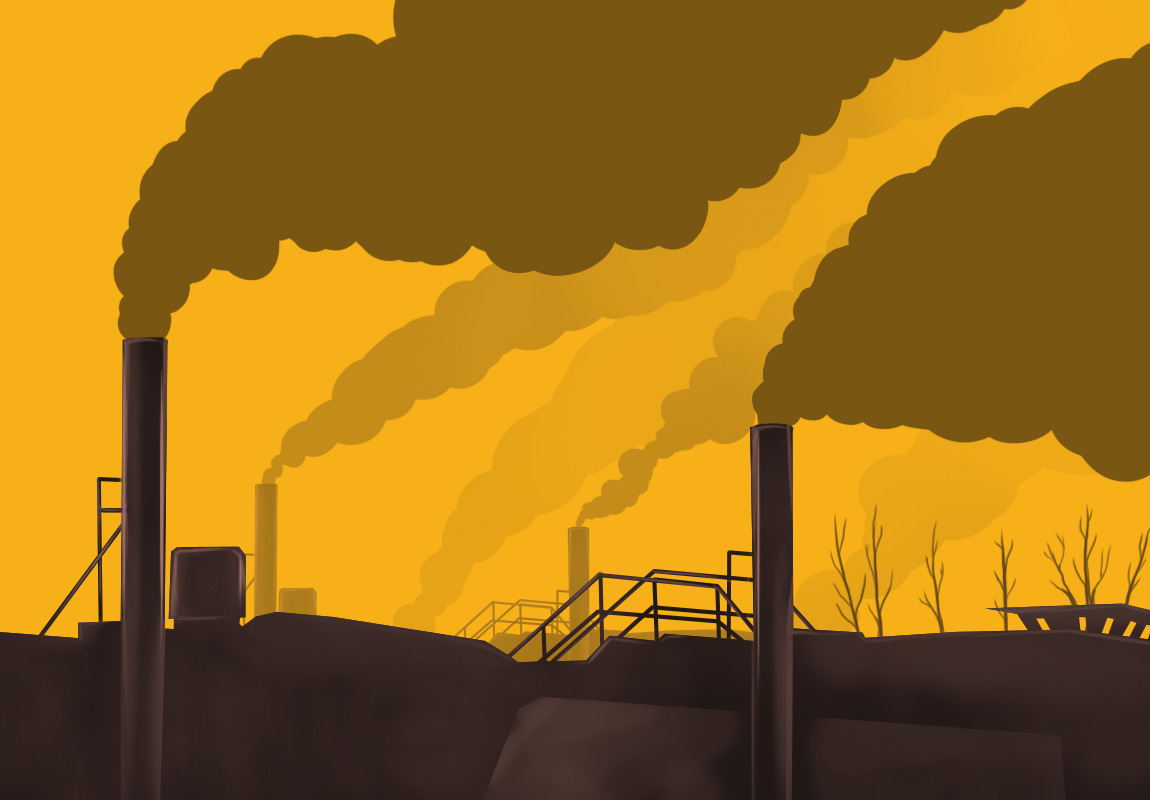In the last part, we discussed the beginning of the first industrial revolution. Today, we are going to talk about the spread of the industrial revolution from Britain to other countries.
From Britain to other countries
The Industrial Revolution took place in Britain between 1760 and 1830. Britain prohibited exporting machinery, skilled workers, and production techniques to prevent them from losing their dominance in the global industrial race.
However, Britain's industrial monopoly did not last long. Industries outside of Britain were found to be more profitable. Other European countries tried to bring Britain's industrial knowledge to their own countries.
In 1807 Englishman William Cockerill founded a factory in Liege, Belgium, to manufacture machinery. His sons John and Charles Cockerill also joined him and managed the factory. Thus, the wave of the industrial revolution soon reached Belgium, and the country improved economically. Belgium's industrial breakthroughs were in iron, coal, and textiles.
The industrial revolution was taking place very slowly in France. The main reason for this was the political uncertainty, due to which industrialists were not ready to make significant investments in the industrial sector. Later, during the reign of Napoleon the Third (Napoleon III) in the 1840s, France became a major power in the industrial sector and came out with innovations in the industrial field.
The industrialisation of other European countries was much slower, and the bourgeoisie had less power and wealth than those of Britain, Belgium, and France. The political conditions there also slowed down the industrial revolution.
Although Germany had large deposits of coal and iron, industrial progress was plodding until the 1870s when the country achieved national unity. After that, expansion was rapid, and Germany overtook Britain in producing steel and chemicals.
Industrialisation took place in the United States between the nineteenth and twentieth centuries as a part of the industrial advancements in Europe. Soon Japan also advanced industrially.
Industrialisation quickly occurred in Western European countries, whereas Eastern countries lagged until the 20th century. Later, the Soviet Union emerged, and within decades, through its five-year plans, it achieved the progress Britain had attained in one and a half-centuries. In the middle of the 20th century, the industrial revolution spread to countries like India and China, where industrialisation had not taken place on a large scale.
Social Changes Caused by the Industrial Revolution
The changes brought about by the industrial revolution, both technologically and economically, also brought fundamental changes in the social and cultural sphere. Take Britain as an example. Many British citizens began to migrate from rural areas to cities even before the industrial revolution, but the migration rate increased when industrialisation intensified.
The industrial revolution brought great economic progress; its beneficiaries were the middle and upper classes.
The rise of large factories transformed small towns into major cities. Rapid urbanisation, pollution in the cities, poor housing facilities, and unsafe drinking water became significant challenges that the industrial revolution posed to the population.
The industrial revolution brought great economic progress; its beneficiaries were the middle and upper classes. Their standard of living also increased. However, the condition of the workers was very miserable. Needless to say, there were no great benefits. Mechanisation made their work in factories increasingly tedious and sometimes even dangerous. Also, the labour force, which included children, had to work for low wages.
At the beginning of the 19th century, a group of workers destroyed the machinery in the factories when there was a crisis regarding the industrialisation of the textile business. They were known as Luddites, and the name of their leader was Ned Ludd. The word Luddite means a person who is opposed to technological change.
As the industrial revolution continued, the workers who faced only crises during industrialisation were fuelled by their outrage over substandard working and living conditions to form labour unions as well as labour laws.
The industrial revolution had mixed outcomes. On one hand, the pollution caused by emissions from factories with unsafe working conditions is still causing us problems today. On the other hand, the construction of cities, clothing, communication, and transportation is beneficial to the people. The industrial revolution is undoubtedly an important period in world history.
Now put on your thinking hats and think about the following questions for a couple of minutes.
How would you describe the term "industrial revolution" to your students?
Can you think of how the invention of the steam engine influenced the industrial revolution?
Write down your thoughts and discuss them with your students, children, and your colleagues. Listen to their views and compare them with your own. As you listen to others, note how similar or different your views are to others'.
Thank you for listening. Subscribe to The Scando Review on thescandoreview.com.
Happy Teaching!














Industrial revolution